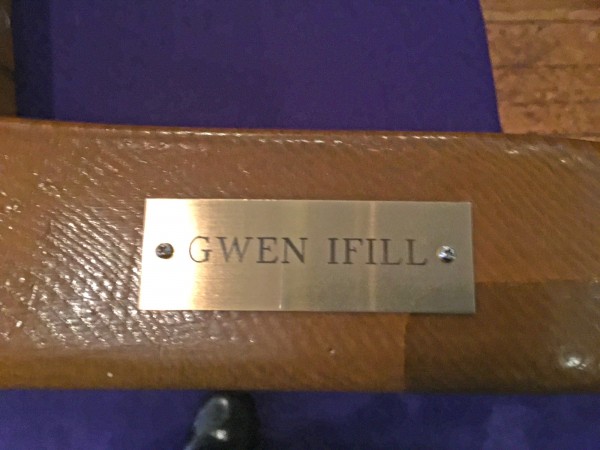I think the word "hero" is over-used. The meaning — "being of great strength and courage, celebrated for bold exploits" is a high standard to meet. There are few people I know who actually fit the definition.
Lovinsky Pierre Antoine, is a Haitian activist and leader of Fondasyon Trant Septanm (Sept. 30 organization), named in commemoration of the coup against democratically elected President Jean Bertrand Aristide in 1991. His organization worked with victims of torture, rape and extrajudicial executions by the Haitian military and paramilitary. I met Lovinsky when I lived in Haiti. I admire his fervent commitment to educate Americans about the negative impacts of U.S. policies towards Haiti. In 2004, under threat by the former military whose human rights abuses he had vehemently denounced, Lovinsky left Haiti for the United States. But two years later, after democratic elections, Lovinsky returned to Haiti.
Last August, while working with a human rights delegation, Lovinsky received a telephone call and left his home. His car was found the next morning, but he has not been seen since. He is "disappeared."
If Lovinsky were here, he would be sounding the clarion call about the food crisis in Haiti. He would challenge us to find real economic solutions, not quick fixes. Not just for Haiti, but for the entire African World.
If he were here, I think he would be friends with Harold Gamboa, a labor leader from the South American nation of Colombia. Colombia has the third largest population of African descendants in the Western Hemisphere. Due to conflict, U.S. drug policy, and corporate greed, Afro-Colombians are being forced off their land.
Harold Gamboa has been a port-worker for 28 years in Buenaventura, Colombia's largest port. The port is the major employer for the 90 percent Black population. Over 70 percent of the imports into Colombia come through Buenaventura. Port workers make about $100.00 a month, well under the minimum wage. Since the port was privatized, over 31 workers have been killed due to widespread safety violations. When workers are injured or killed, no provision is made for their families.
Colombia is a place where Blacks and trade unionists are killed regularly. So to be an Afro-Colombian trade unionist, like Harold, comes with extreme risks. The Port Association has actively attempted to destabilize unions through intimidation and harassment. Buenaventura has become an oppressed, violent city where the bodies of civilians are found weekly.
But Harold Gamboa is staying to fight. Last week he came to the U.S. to speak out against the racism and abuses against workers in Colombia. He came to fight against the Free Trade Agreement between the United States and Colombia that will only make the situation worse for him and his fellow port workers.
Like my friend Lovinsky, his bravery overwhelms his fear. Their fights are not just at home in Haiti or Colombia, but here in the U.S. These husbands, fathers and leaders risked their lives so their children have some hope for a dignified future. All evidence to the contrary, I hold out hope that these two heroes will meet one day. They share a common understanding that the world is not yet how it should or can be.
Nicole C. Lee is the executive director of TransAfrica Forum






















































































































































































































































































































